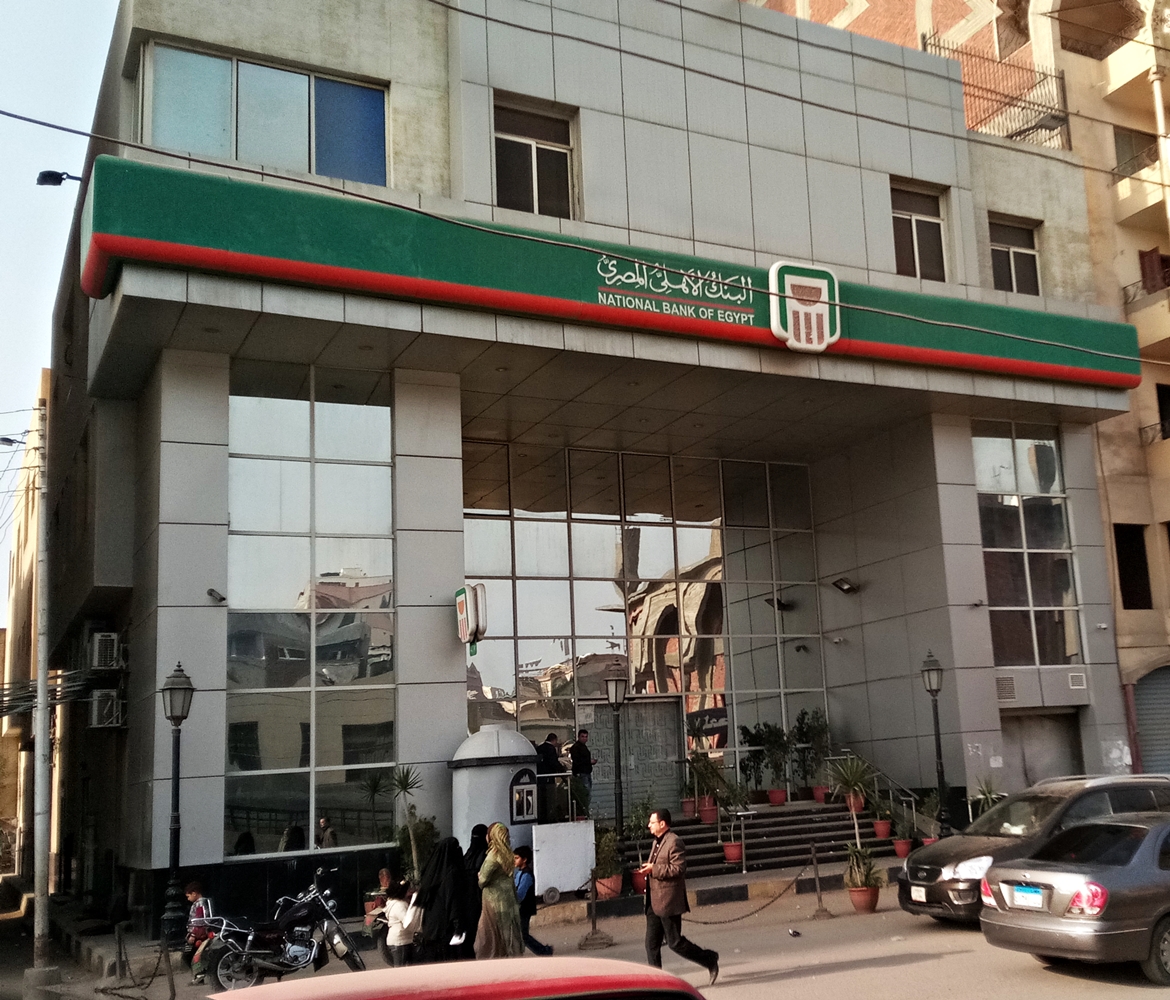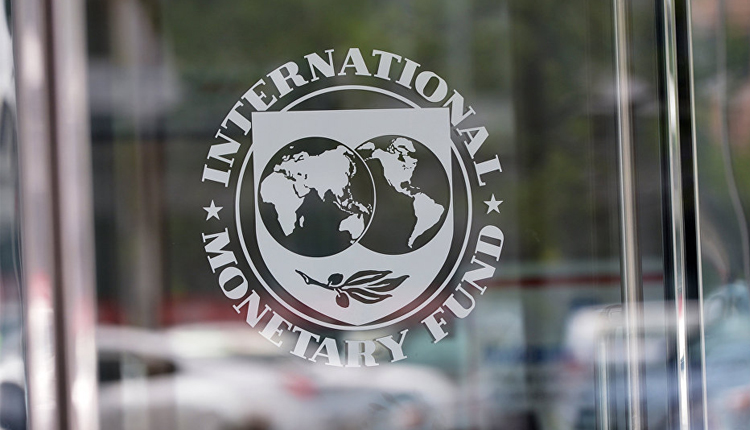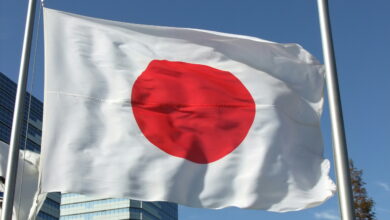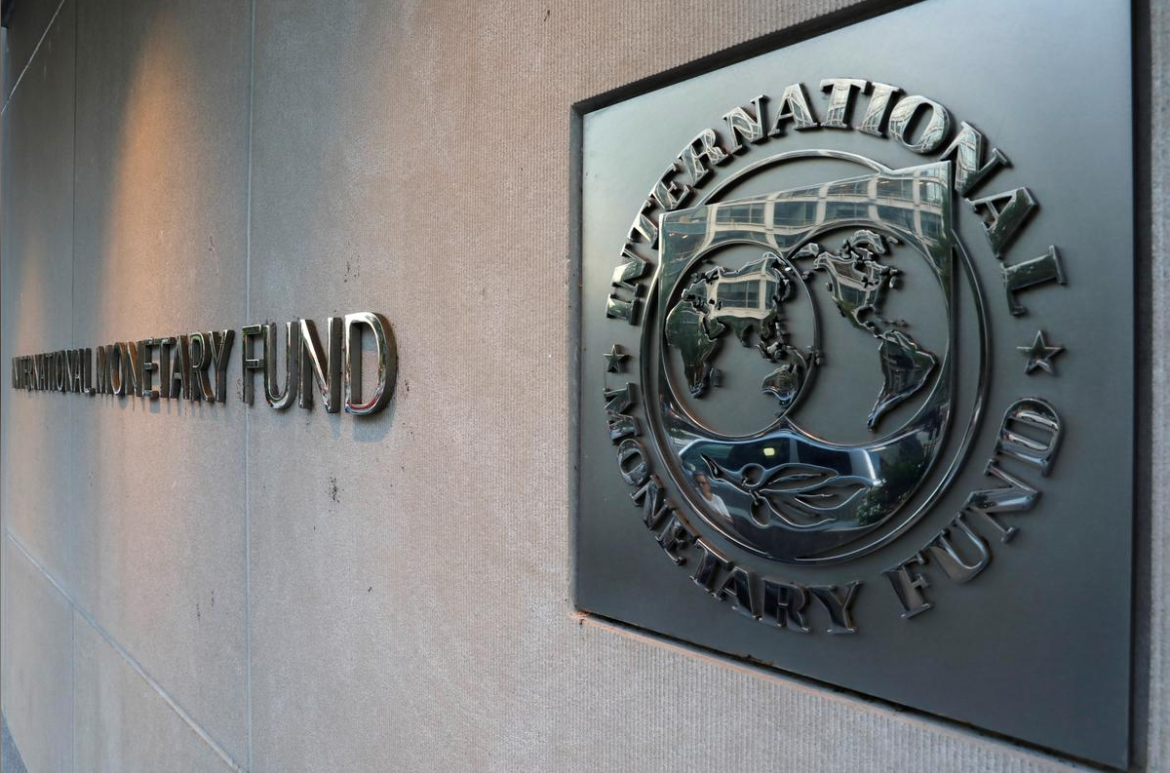Egypt will not borrow from the World Bank and International Monetary Fund after revising its budget and cutting the forecast deficit, even though a loan had been agreed, Finance Minister Samir Radwan said on Saturday.
The 2011/12 deficit in the first draft budget was forecast at 11 percent of gross domestic product, but was revised to 8.6 percent because of a national dialogue and the ruling army council's concerns about debt levels, the minister told Reuters.
"So we do not need to go at this stage to the Bank and the Fund," Radwan said, adding Egypt, which had borrowed from the IMF under ousted president Hosni Mubarak, still had the "best relations" with the two US-based institutions.
Egypt this month agreed on a US$3 billion, 12-month standby loan facility from the IMF, which Cairo had said came with more lenient terms than usually associated with such lending.
The IMF and World Bank had been among a range of foreign countries and bodies to offer funds to Egypt to help cover a big budget shortfall after the economy was plunged into turmoil by the mass protests that drove Mubarak from office on 11 February.
Egypt's cabinet had approved on 1 June a budget for 2011/12 that increased spending by a quarter to create jobs and help the poor. That was revised with a new draft announced on Wednesday.
Gulf Arab states, such as Qatar and Saudi Arabia, are also among those who have offered support.
Radwan said Qatar had provided US$500 million for budgetary support in the past week. "That is a gift," he said, when asked if there were any conditions attached to the Qatari cash.
The minister said the first draft of the budget, which forecast a deficit of about LE170 billion, was discussed with activists, writers, the business community, trade unions and non-government organisations.
"As a result of this dialogue and given the concern of the military council not to have huge debts for the government that comes after the election, the deficit was reduced to LE134 billion, equivalent to 8.6 percent of GDP," Radwan said.
"The result is we didn't need outside finance. We are covering the largest part from local sources and we are waiting for outside support to come in," he said.
"If we had gone with the other package, we would have needed to go (to the IMF)," the minister said, adding the new budget would not go back on a commitment to social justice.
Protesters who rallied against Mubarak demanded political freedoms and an end to what they saw as a system of rule from which a rich elite benefited at the expense of the poor.
On the budget plans, Radwan said: "The program is our program, so there is no conditionality (from others). It is just a changed program."
In the latest budget, the government sees spending up 14.7 percent at LE490.6 billion in the 12 months starting in July, down from an estimate of 514.5 billion pounds given when a draft budget was shown to the media on 1 June.




